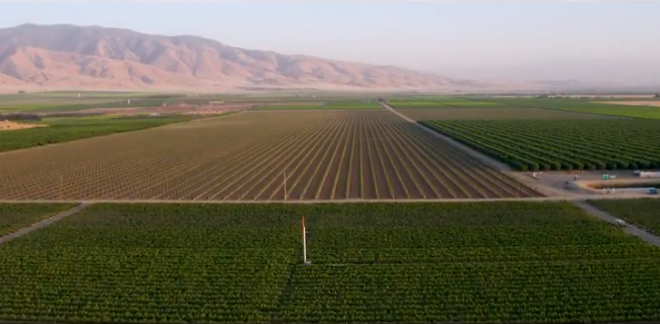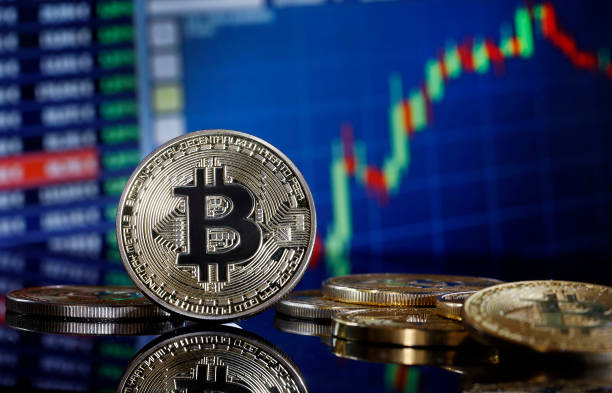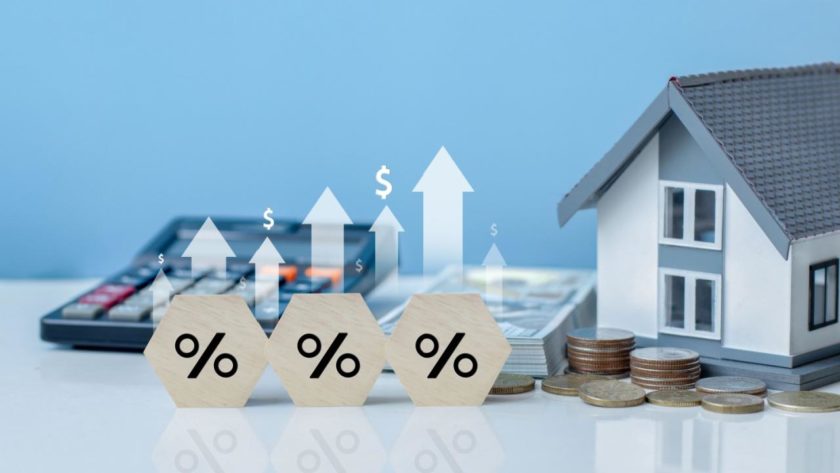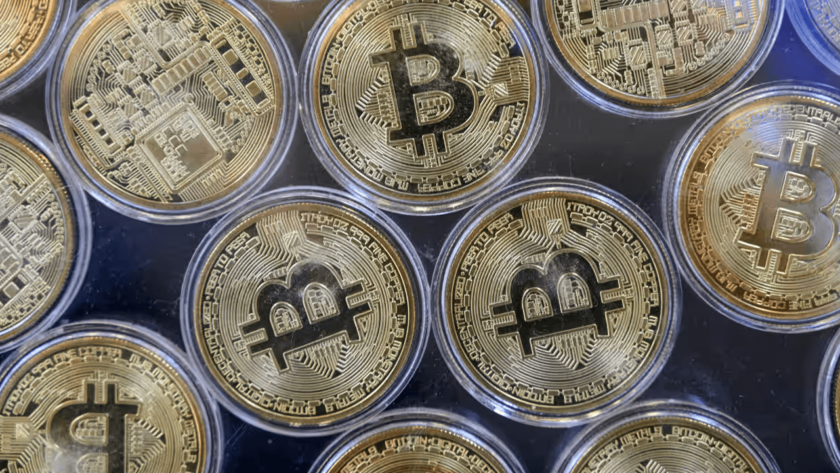IBM’s Food Supply Chain Platform Released
October 9, 2018 by Ian Edwards
IBM has officially rolled out its blockchain-based food supply chain platform, IBM Food Trust. French retail giant Carrefour will be one of the early adopters.
Also see: Dubai Eyes POS Devices for State-Backed Crypto emCash
Subscribe to the Bitsonline YouTube channel for great videos featuring industry insiders & experts
Tracking Food From Farm to Table
IBM Food Trust, announced October 8th, uses a shared private digital ledger to track food as it moves from producers to consumers. IBM claims it can make it easier to track outbreaks of foodborne contamination, improve food freshness, and reduce waste.
The system looks to improve transparency by giving participants in the food supply ecosystem–such as producers, processors, and distributors–a transparent way to see where food is and where it came from, as well as related data about it. It is sold as software-as-a-service, and monthly subscriptions can be purchased for between $100 USD to $10,000 per month, depending on the size of the organization.
Users of the platform, built on IBM’s Hyperledger Fabric, will be able to trace items using product names or unique identifiers such as Universal Product Codes (UPCs). Businesses can also add certificates to prove the authenticity and provenance of their products.
Retail Giant Carrefour an Early Adopter
French retail giant Carrefour, which had gross revenues of €88.24 billion ($101.4) in 2017, is one of the founding adopters of IBM’s new system. According to Zdnet, Carrefour will be using IBM Food Trust in 33 countries and more than 12,000 stores.
Carrefour will be using the IBM Food Trust as part of its Act for Food program, which is a group of initiatives aiming to improve food quality. As part of this program, Carrefour allows customers to scan the QR code on a product label to get more information about the product on their smartphone. Carrefour first used blockchain technology in March of this year.
Cosme de Moucheron, IBM’s Managing Director in charge of the Carrefour group, said in a statement that:
“Consumers want more and more transparency regarding the products they eat. That’s why members of the IBM Food Trust ecosystem are co-developing a new solution – so that all of the parties involved in the supply chain can guarantee product traceability and quality. We are delighted that Carrefour is joining the group of founder members behind this initiative so it can play an active role in extending it throughout Europe and the rest of the world.”
Beyond Carrefour, Topco Associates, Wakefern, BeefChain, Smithfield, and Dennick Fruit Source are also adopting the new system, per Forbes.
Food Supply Chain System Underwent Lengthy Test Period
IBM has been testing versions of its food supply chain system with multiple companies since at least December 2016, when the Wall Street Journal reported that Walmart and the firm were running a pilot project. A year later, IBM announced the creation of a partnership to improve food safety in China with Walmart, Chinese e-commerce company JD.com, and Beijing-based Tsinghua University.
Further, Walmart recently announced that leafy green vegetable producers would be required to input data on IBM’s blockchain system by Q3 2019.
IBM’s Far-Reaching Blockchain Efforts
IBM’s blockchain supply chain applications go beyond food. In April, the company partnered with a consortium of firms to create Trustchain, a supply chain platform for the jewelry industry.
And supply chains are not the only application for IBM’s blockchain tech either. In March, the firm said it was working with 63 companies, 25 of whom were involved in international trade and 14 others in digital payments.
IBM has made multiple blockchain-related announcements in recent months. Earlier in October, shipping company Pacific International Lines (PIL) said it would be initiating a blockchain pilot with IBM to digitize bills of lading. And in September, IBM said it would be partnering with crypto startup Stellar for an international payments system.
Have your say. What do you think of IBM’s blockchain-based food supply chain system?
Images via IBM, Pixabay





